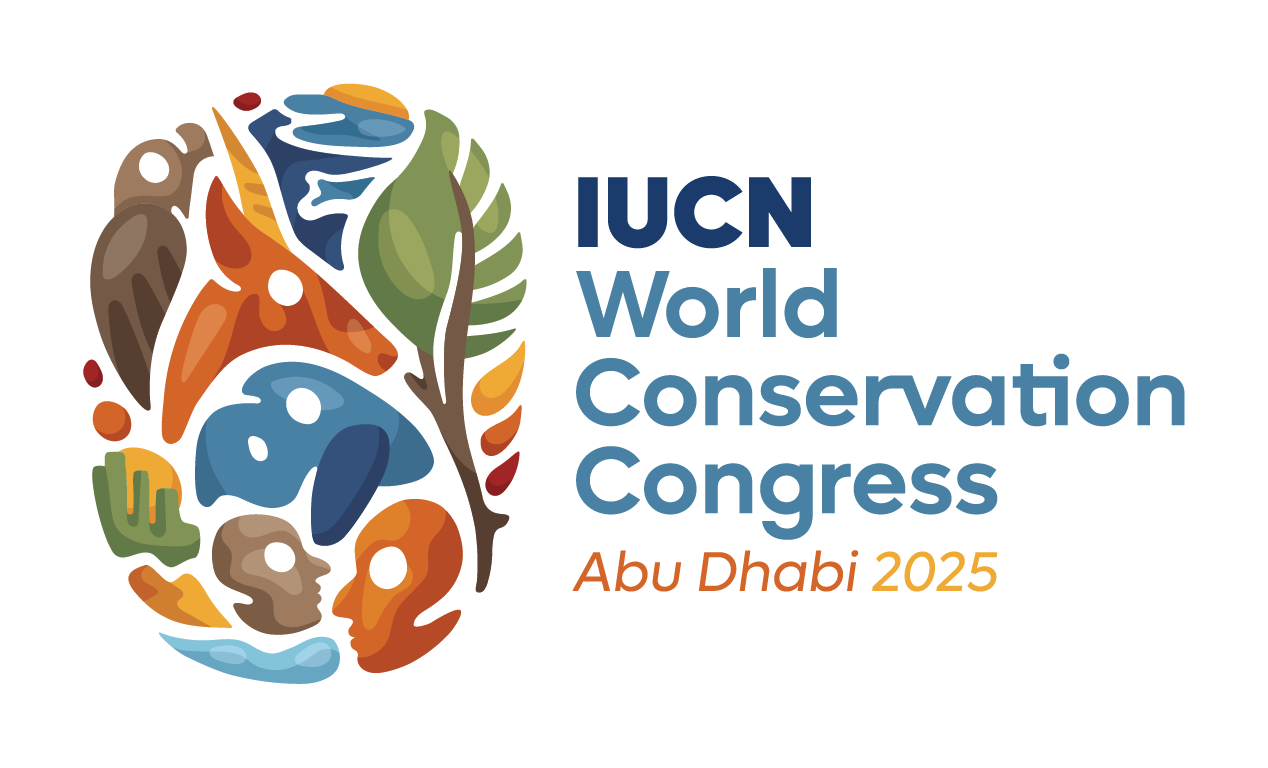Temporal Variation in Nucleic Acid and Protein Ratios in Four Anthozoan-Dinoflagellate Endosymbioses of the Indo-Pacific: Implications for Molecular Diagnostics
Given the threat of global climate change towards coral reefs and the endosymbiotic anthozoans that construct them, there is an urgent need to better understand the physiological response of these environmentally sensitive organisms. Unfortunately, many aspects of anthozoan biology are poorly understood, such as the cellular and molecular mechanisms underlying the stability of their association with dinoflagellates of the genus Symbiodinium. For instance, it has only recently been demonstrated that the molecular composition of these mutualisms is temporally variable; specifically, Symbiodinium DNA content has been shown to vary significantly across the light-dark cycle, and such variation could have implications for normalization of macromolecular expression data. For that reason, there was an interest in better understanding both spatio-temporal and interspecific variation in the concentrations of nucleic acids and proteins in reef-building corals and endosymbiotic sea anemones. Upon exploration of both published and unpublished datasets, it was found that total RNA, DNA, and protein quantities and concentrations were variable over time in the majority of the taxa sampled, which included two reef-building corals (Montipora capitata) Hawaii, as well as one Taiwanese scleractinian (Seriatopora hystrix). Furthermore, RNA/DNA and protein/DNA ratios, which can serve as indicators for total levels of gene and protein expression, respectively, also varied over time and across species, and these differences may be due to spatio-temporal variation in Symbiodinium densities driven by heterogeneity in the abiotic environment. Collectively, these data suggest that a high degree of quality control is necessary when employing molecular diagnostics approaches to management of corals and the reefs they build, lest results from biomarker-based endeavors be biased by the potentially unstable biological composition of these globally threatened endosymbioses.


